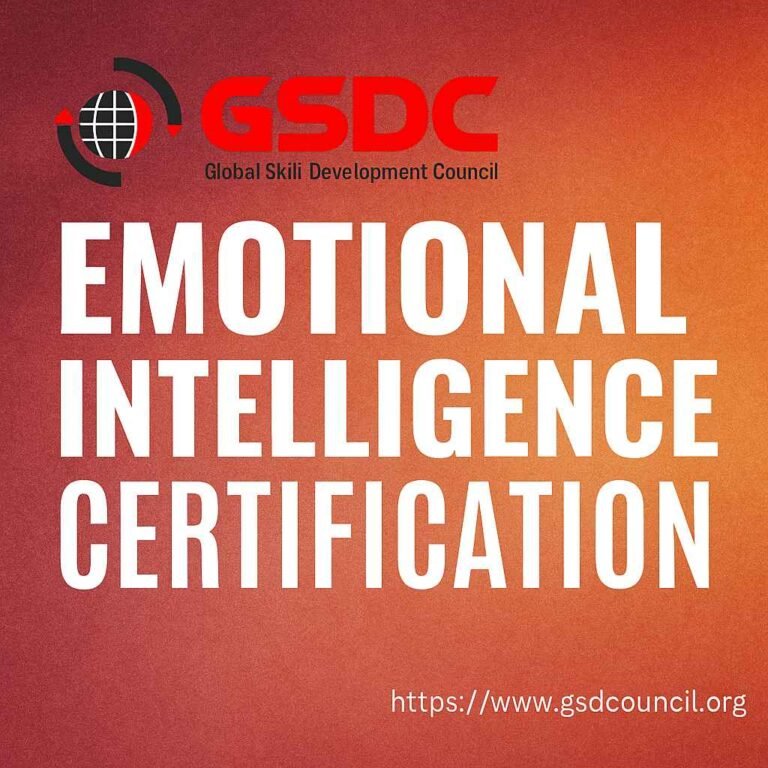The Internet of Things (IoT) has rapidly evolved into a core technology for industries looking to gain competitive advantage, streamline operations, and offer cutting-edge services. From smart homes and industrial automation to logistics and healthcare, IoT is transforming the way data is gathered, analyzed, and acted upon. However, to truly harness its potential, businesses need more than just devices and sensors. They require smart, responsive, and secure software tailored to their specific use cases. This is where custom IoT software development comes into play.
What is Custom IoT Software Development?
Custom IoT software development involves designing and building software platforms tailored specifically to manage, analyze, and integrate IoT-enabled devices and systems. Unlike off-the-shelf solutions, custom software adapts to the exact needs of the business, supporting unique workflows, data processes, and compliance requirements. Whether it’s a smart factory or a connected healthcare solution, tailored software ensures seamless performance, improved security, and greater efficiency.
Why Real-Time Capabilities Matter
In an IoT environment, devices generate data continuously. Real-time data processing enables businesses to respond to this information instantly, rather than waiting for batch processing or delayed reporting. Real-time capabilities are crucial in sectors like:
-
Healthcare: Monitoring patient vitals and alerting doctors in emergencies.
-
Transportation: Managing fleet movements and traffic in real-time.
-
Manufacturing: Detecting equipment failures before they disrupt operations.
Without real-time functionality, businesses risk losing valuable insights and missing critical intervention points.
Benefits of Intelligent IoT Systems
Custom-built IoT systems aren’t just about connecting devices; they’re about creating intelligent ecosystems that learn, adapt, and evolve. Here are key benefits:
-
Predictive Analytics: Using AI to forecast trends, prevent failures, and reduce downtime.
-
Remote Monitoring and Management: Monitor operations from any location using centralized dashboards.
-
Scalability: Grow your IoT ecosystem without rearchitecting software infrastructure.
-
Interoperability: Connect seamlessly with legacy systems and third-party tools.
These intelligent capabilities result in faster decision-making, operational efficiency, and long-term cost savings.
Key Components of a Custom IoT Software Solution
-
Device Integration Layer
This layer facilitates communication between various IoT devices and sensors with the software application. It supports different protocols like MQTT, CoAP, and HTTP, ensuring compatibility across diverse hardware. -
Data Management and Storage
IoT generates massive amounts of data. A well-designed software solution must include robust data management tools for efficient collection, cleansing, transformation, and storage—whether on cloud, edge, or hybrid systems. -
Analytics and Visualization
Data is only valuable when it can be interpreted. Custom solutions incorporate analytics engines and interactive dashboards to help users draw insights, monitor performance, and make data-driven decisions. -
Security and Compliance
With IoT devices often being entry points for cyber threats, built-in security is essential. Features like end-to-end encryption, secure boot, and user authentication are fundamental. Custom solutions also help adhere to industry-specific regulations like HIPAA or GDPR. -
User Interface and Experience (UI/UX)
The software should provide a user-friendly interface that reflects the needs and skill level of end-users. Whether it’s a mobile app for technicians or a dashboard for administrators, UI/UX design ensures smooth usability.
Why Businesses Prefer Custom IoT Software
While off-the-shelf software may offer a quick start, it often lacks flexibility and specificity. Custom IoT software development enables:
-
Tailored Functionality: Meet your business’s exact operational and strategic goals.
-
Better Integration: Seamlessly integrate with your existing tools, ERP systems, and legacy devices.
-
Improved ROI: Long-term cost savings through optimized operations and reduced need for third-party tools.
-
Control Over Features: Add, remove, or modify features as your business grows and evolves.
This tailored approach transforms IoT from a basic connectivity tool to a strategic business enabler.
Industries That Benefit Most
-
Healthcare
Custom IoT solutions support remote patient monitoring, wearable health devices, and hospital equipment tracking. Data security and real-time insights are particularly critical in this sector. -
Manufacturing
From predictive maintenance to smart assembly lines, IoT software can automate processes, minimize downtime, and improve quality control. -
Agriculture
IoT in agriculture includes soil sensors, climate monitors, and automated irrigation systems. Custom software allows farmers to optimize crop production and resource usage. -
Retail
IoT-powered inventory tracking, customer behavior analysis, and smart checkout systems are transforming retail. Tailored software ensures data alignment with POS and CRM systems. -
Transportation and Logistics
Real-time fleet tracking, route optimization, and cargo condition monitoring require powerful, intelligent software platforms built for scale and responsiveness.
Midway through, businesses seeking a Transportation software development company often turn to specialists who understand the high demands of real-time logistics and compliance.
Future Trends in Custom IoT Development
-
Edge Computing
Processing data closer to the source reduces latency and bandwidth usage, essential for time-sensitive applications like autonomous vehicles and industrial robots. -
AI and Machine Learning
These technologies bring advanced analytics and automation, enabling IoT systems to self-optimize and learn from new data. -
5G Integration
The speed and capacity of 5G will significantly enhance IoT device connectivity, making real-time communication more reliable. -
Sustainability Focus
With rising environmental concerns, IoT solutions are being designed to track energy usage, reduce waste, and promote green operations. -
Blockchain for IoT
Decentralized ledger technology offers secure, transparent device communication and can strengthen the security layer of custom IoT platforms.
How to Choose the Right IoT Development Partner
Choosing the right development partner is crucial to the success of your IoT initiative. Here are some factors to consider:
Industry Experience
When selecting an IoT development partner, industry-specific experience plays a vital role. A company that has previously delivered solutions within your sector understands your unique challenges and compliance requirements. Whether it’s healthcare, logistics, manufacturing, or smart homes, familiarity with the field accelerates development time, reduces risks, and ensures smoother implementation. Ask for examples or case studies relevant to your niche to evaluate fit.
Technical Expertise
The right partner should offer a broad spectrum of technical capabilities. This includes everything from sensor and device integration to back-end infrastructure, cloud platforms, and user-facing applications. A team with strong software architecture, data analytics, and connectivity know-how will ensure seamless IoT workflows. Look for a partner who can handle the full lifecycle, including design, prototyping, development, testing, and maintenance.
Security Knowledge
IoT security is non-negotiable. A competent IoT development partner must prioritize security at every level—device, network, cloud, and application. Inquire about their encryption standards, authentication protocols, and ability to mitigate threats like data breaches or malware. The partner should follow best practices like secure boot, firmware updates, and endpoint protection, with a proven track record in building resilient and compliant systems.
Scalability Options
IoT deployments often start small but expand quickly. Your development partner must create solutions that are scalable—able to handle more devices, larger data volumes, and increased functionality as your business grows. Scalable architecture saves time and cost in the long run. Ask how they future-proof systems and what technologies they use to ensure performance, reliability, and flexible integrations down the line.
Client Reviews and Case Studies
Real-world feedback is one of the best indicators of a partner’s reliability. Look for client testimonials, third-party reviews, and detailed case studies that highlight measurable outcomes. This can reveal insights about project management, delivery timelines, post-launch support, and innovation. Positive long-term relationships with clients suggest that the company values quality and accountability throughout the development journey.
Conclusion
As IoT technology continues to evolve, businesses are moving beyond basic connectivity and exploring how intelligent, real-time systems can redefine their operations. Custom IoT software development offers a powerful way to unlock this potential—offering agility, efficiency, and deep insights tailored to specific industry needs. Whether you’re in healthcare, logistics, retail, or industrial sectors, investing in custom-built IoT solutions is no longer optional; it’s a strategic necessity that drives digital transformation. By partnering with the right experts and embracing future-ready technologies, companies can ensure their systems are not just smart, but intelligent, secure, and future-proof.





